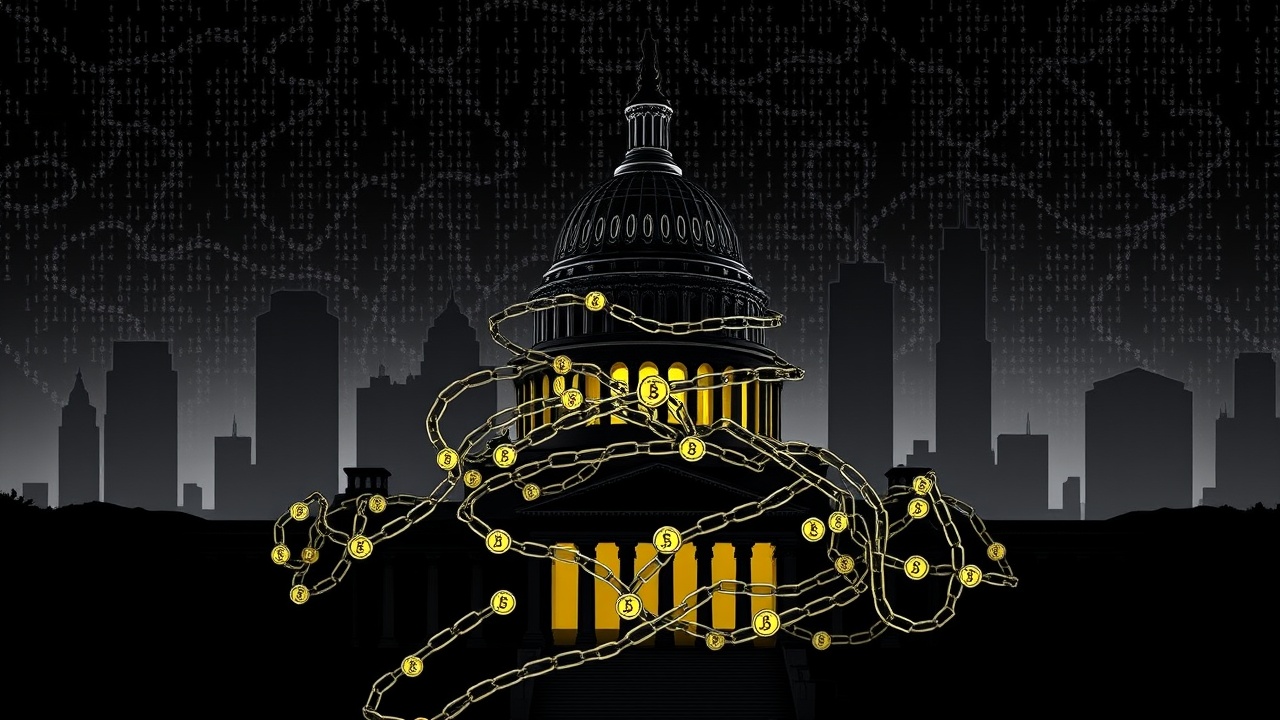Introduction of the COIN Act
In an effort to address increasing concerns about public officials profiting from digital assets, Senator Adam Schiff of California, alongside nine fellow Democrats, has put forth a new piece of legislation dubbed the COIN Act, short for Curbing Officials’ Income and Nondisclosure. This legislative initiative, announced on Monday, targets what Schiff describes as the potential financial exploitation of digital currencies by government officials, focusing particularly on instances tied to President Donald Trump and his association with the cryptocurrency world.
Concerns Regarding Business Interests
The backdrop to this legislation includes Trump’s recent declaration revealing earnings of $57.4 million connected to World Liberty Financial (WLF), a cryptocurrency platform that has family ties to the president. Schiff expressed his deep concern regarding the ethical and legal implications of the president’s activities in the digital currency realm, stating that these dealings signify a troubling blending of business interests with the responsibilities of political office.
Provisions of the COIN Act
The COIN Act is designed to impose stringent restrictions on public officials, explicitly prohibiting them from engaging in transactions related to cryptocurrencies—including stablecoins, memecoins, and non-fungible tokens—during a specified timeframe. The bill establishes a ban on these activities for a duration of 180 days before and two years after an official exits their role. This is particularly relevant given WLF’s recent launch of a stablecoin, positioning them in the broader context of cryptocurrency financial markets.
Financial Implications for Trump
Additionally, the president’s family reportedly reduced their stake in WLF from 75% to 40% in June, which suggests ongoing financial motives related to their involvement in the cryptocurrency sector. According to findings from State Democracy Defenders Action, Trump’s digital asset portfolio amounts to a staggering $2.9 billion, representing nearly 40% of his overall wealth.
Legislative Context and Challenges
The introduction of the COIN Act follows similar attempts in Congress to curtail financial conflicts of interest for public officials. Notably, Congresswoman Maxine Waters has also proposed legislation in the House aimed at curtailing Trump’s investment activities in the cryptocurrency space. Despite these initiatives, the likelihood of successful passage remains uncertain, particularly as Democrats currently hold a minority position in both the House and Senate.
If the measures were to advance and reach Trump’s desk, they would face a strong possibility of veto, necessitating a two-thirds majority in Congress for any chance of enactment.




